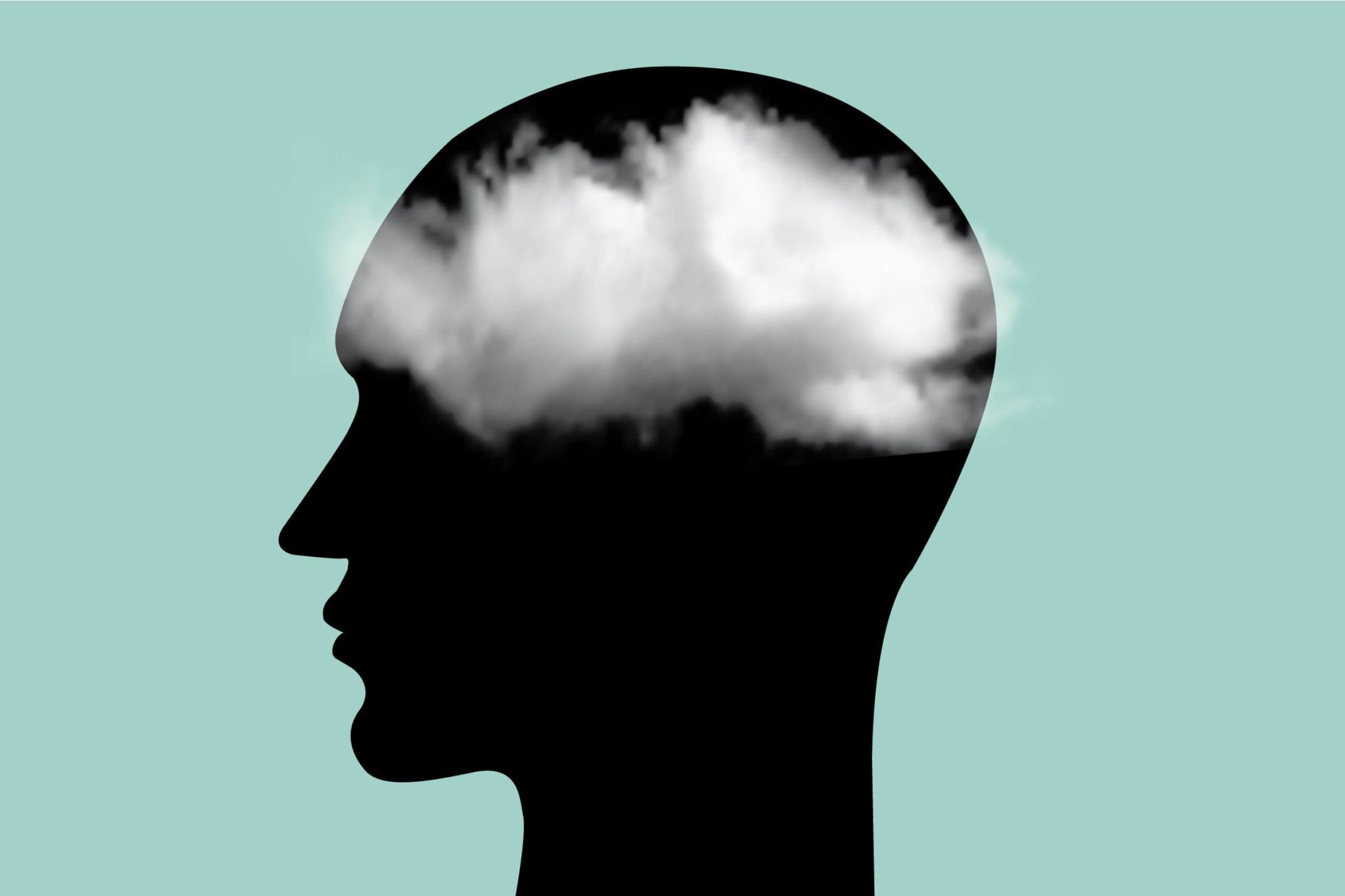
If you’ve experienced a concussion and feel like your mind has never quite bounced back—struggling with concentration, memory lapses, or an overwhelming mental fatigue—you’re not alone. Many of our patients describe this persistent “brain fog” as the most frustrating and isolating part of their recovery.
For years, conventional advice was to rest and wait. But new research reveals that lasting cognitive issues after a concussion may be less about your brain alone—and more about a hidden triad involving your balance system, nervous system, and cognitive function.
At Equilibrium Audiology, we’re deeply familiar with this connection. We’ve seen firsthand how restoring balance—literally—can restore clarity. Let’s break it down.
Part 1: What Really Happens in a Concussion?
A concussion isn’t just a bump to the head. It’s a diffuse, microscopic injury caused by rotational forces that stretch and damage the brain’s delicate communication pathways. This is called Diffuse Axonal Injury (DAI)—and it often won’t show up on standard scans.
From this, two critical events unfold:
- An energy crisis: Damaged brain cells leak chemicals, triggering chaos. The brain scrambles to repair—but with reduced blood flow, it simply runs out of fuel.
- Broken communication: Normally, active brain areas get extra blood flow (and energy) on demand. After a concussion, this “neurovascular coupling” breaks. Thinking, balancing, and even looking around become exhausting.
Part 2: The Concussion Triad—Three Systems Disrupted
This injury doesn’t affect just your thinking. It impacts three deeply connected systems:
1. Cognition: “Brain fog” sets in—slow thinking, poor memory, trouble focusing.
2. Vestibular system: Your balance and spatial awareness take a hit. Dizziness, vertigo, nausea in busy places, or blurry, jumpy vision are common.
3. Autonomic nervous system (ANS): This system controls heart rate, digestion, and stress response. After a concussion, it often shifts into “fight or flight” overdrive, causing exercise intolerance, lightheadedness, poor sleep, and anxiety.
These aren’t isolated problems. They reinforce each other—creating a loop that keeps symptoms going.
Part 3: Why the Fog Isn’t “Just in Your Head”
Your brain is constantly multitasking. When everything works well, balance, eye movements, and posture run on autopilot—leaving cognitive energy for thinking, learning, and problem-solving.
After a concussion, your brain can’t trust your balance system anymore. So instead of being automatic, standing upright or tracking movement becomes a full-time cognitive task.
Imagine your brain as a laptop running a huge program in the background. It slows everything else down—thinking, speaking, remembering. Add in disrupted blood flow from autonomic dysfunction, and you have the perfect storm for brain fog.
Part 4: The Solution? Start from the Ground Up
If post-concussion brain fog is a bottom-up issue, then recovery must also begin at the foundation. That’s where Vestibular Rehabilitation Therapy (VRT) comes in.
At Equilibrium Audiology, VRT is at the core of our concussion recovery programs. It’s not about generic exercise—it’s targeted therapy that uses neuroplasticity (your brain’s natural ability to rewire) to:
- Restore gaze stability and balance so your brain doesn’t need to “think” about staying upright
- Free up cognitive resources for attention, memory, and focus
- Calm the autonomic nervous system by reducing threat signals and improving blood flow
This is often combined with:
- Graded heart-rate-based exercise to slowly retrain your autonomic system
- Cognitive therapy for memory and executive function
- Mind-body approaches to regulate stress and sleep
What This Means for You
If you’re still struggling months after a concussion, the issue may not be “in your head”—but in your balance, brainstem, and nervous system.
At Equilibrium Audiology, we specialize in comprehensive post-concussion care. Our multidisciplinary approach includes:
- Vestibular and oculomotor testing
- VRT tailored to your exact deficits
- Functional medicine to address inflammation and energy metabolism
- Cognitive coaching to help rebuild mental stamina
Together, we help you stabilize your foundation, clear the fog, and return to the life you’ve been missing.
Need support for post-concussion symptoms?
Contact us to schedule a vestibular and cognitive integration assessment.
